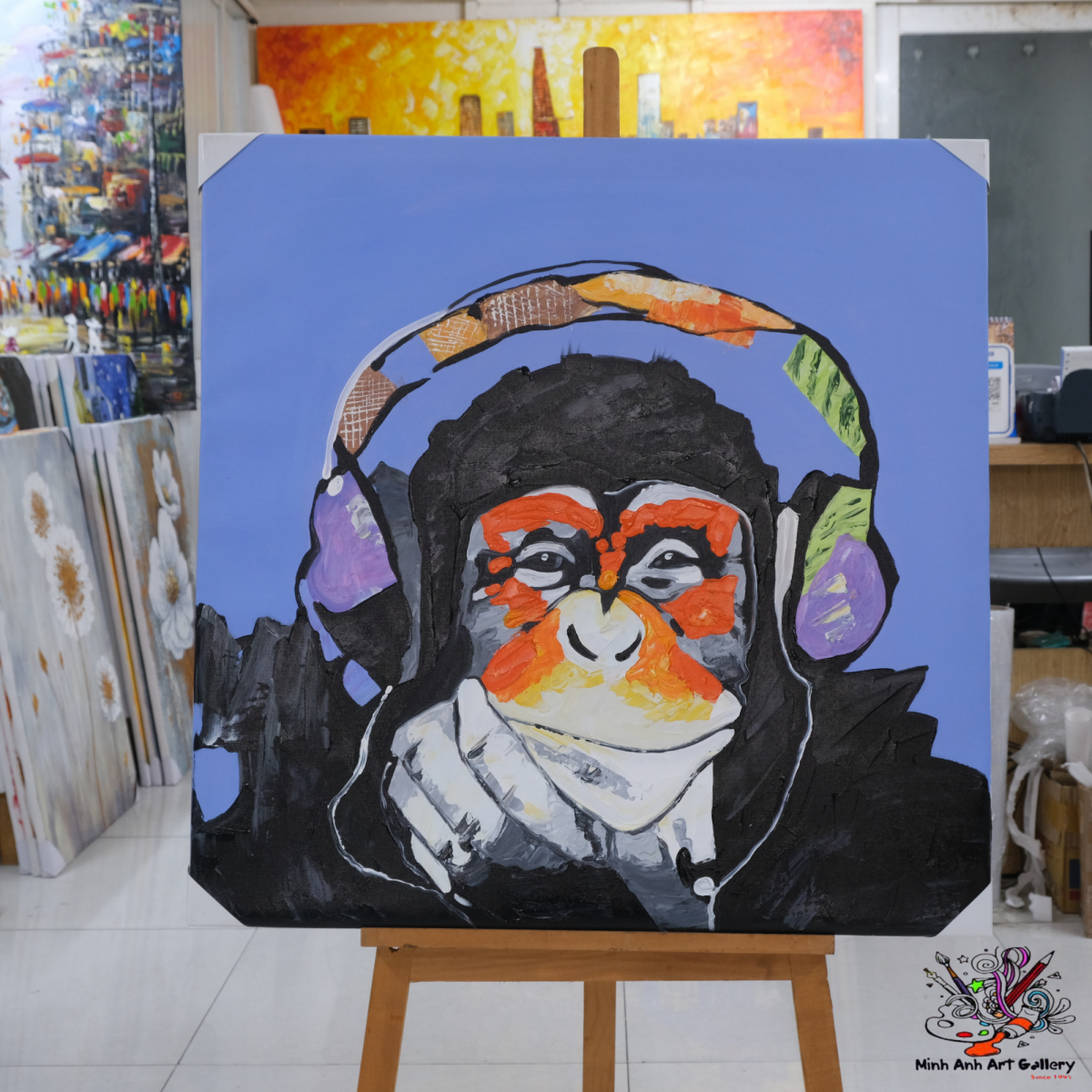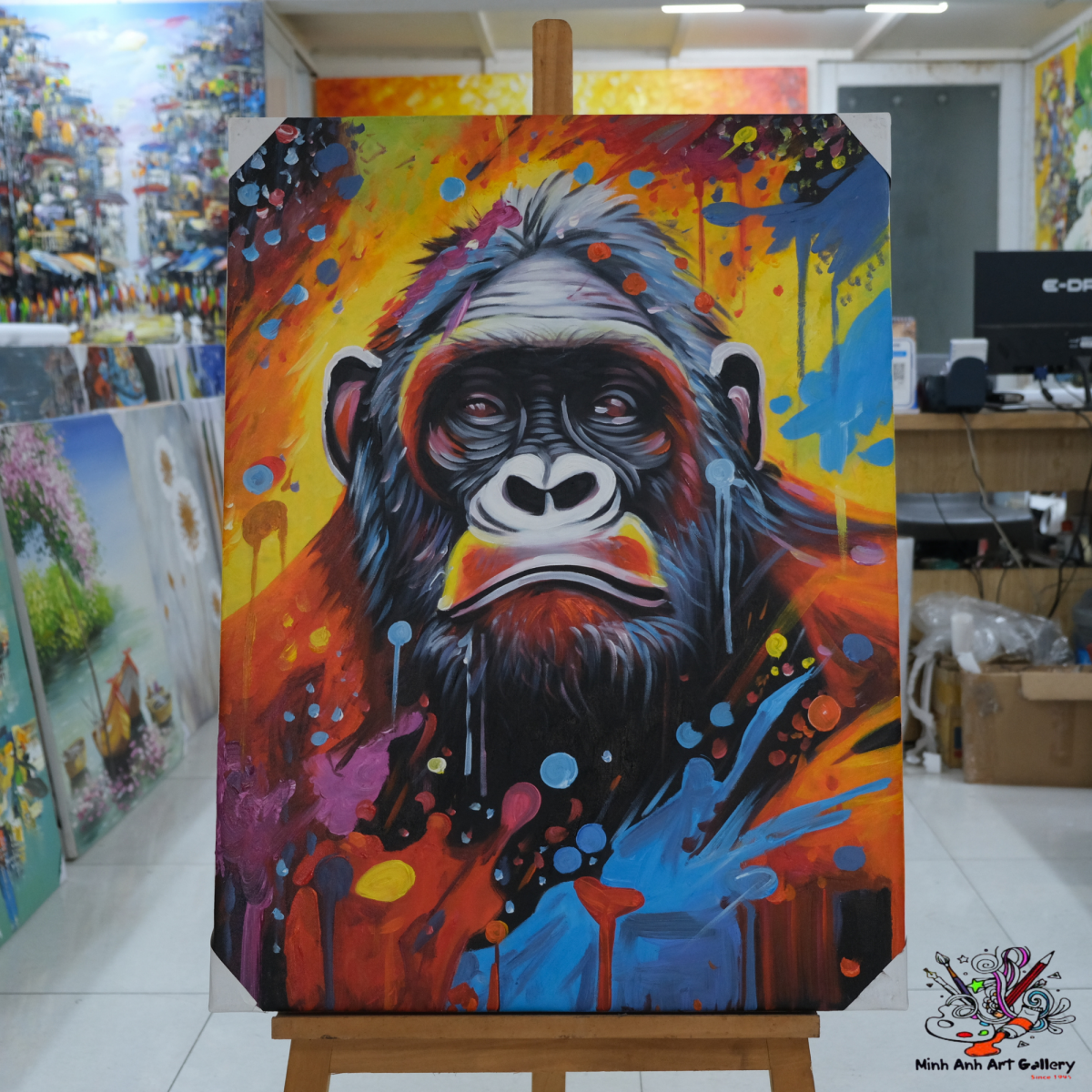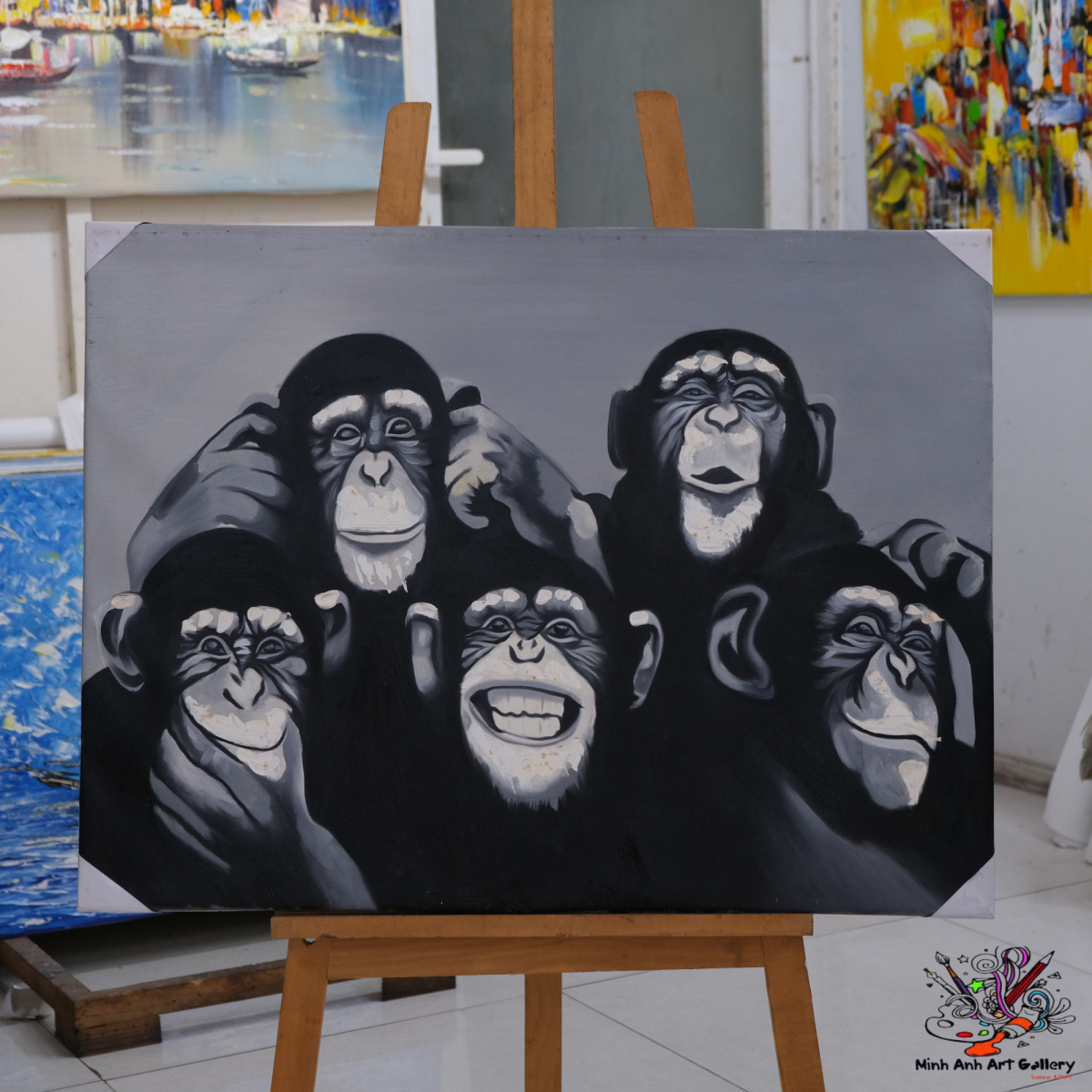Color isn’t just something we see—it’s something we feel. Whether you're an artist, collector, or simply a lover of beauty, color is a tool you can use to tell stories and evoke emotions through your fine art collection. In this guide, we’re diving deep into the psychological impact of color and how it transforms any art collection gallery into a powerful emotional space.

Color psychology is the science of how colors influence human feelings and behavior. Artists have used it for centuries, but collectors can also harness it to shape emotional responses within their spaces.
Colors hit us before details do. They steer our emotions, set tones, and guide attention. In a world where visual impression is everything, color is the silent speaker in every painting you hang.
Red, orange, and yellow ignite attention and stimulate energy. They’re ideal for areas meant to spark conversation or express bold identity within a modern art collection.
Blues and greens soothe the senses. If you're building a tranquil zone or meditation corner, these colors should dominate that portion of your curated art collections.
White, gray, and beige bring balance and timeless elegance. They work beautifully in minimalist designs and upscale private art galleries.

Every color tells a story. Want your guests to feel energized? Go for fiery reds. Craving calm? Bring in serene blues. Your collection becomes a mood board.
Color placement isn’t random—it’s strategic. Contrasts direct attention, while harmonious tones invite deeper reflection.
Imagine a vibrant orange abstract in a gray-toned lounge—it pops. Matching artwork colors with room energy brings the fine art collection to life.
Create themes like “Euphoria in Yellow” or “Tranquil Blues.” These not only evoke emotion but also create cohesion in your art collection gallery.
Use gradual color shifts from room to room. It leads viewers through your space intuitively, offering a memorable journey through your curated art collections.
Keep vibrant pieces at entrances or focal walls. Softer tones are great for transitional areas. It's about rhythm—like music for the eyes.
Pair opposites like red and green or blue and orange. These combos burst with life—ideal for creative offices or artistic lounges.
One hue, many shades. It’s a favorite in modern art collections for creating harmony and quietude in personal spaces.
A red painting on a blue wall feels different than on a white one. Lighting temperature—warm vs. cool—also alters perception. Use these tools to your advantage during art gallery exhibitions.
Design exhibitions entirely around color. “A Journey in Indigo” or “The Golden Hall” make your gallery memorable.
Blend classic sepia portraits with modern pastel abstracts. This approach adds narrative depth and visual interest to private art galleries.
Update your space with the seasons—pastels in spring, rich earth tones in autumn. It refreshes the mood and adds dimension.
Most platforms, like art collection online, include color descriptors. These help you pick artworks that match your desired atmosphere.
Digital previews are a game-changer. You can now see how a blue-toned painting fits your beige wall before you buy.
Think of Klimt’s golden glow or Picasso’s blue period. Their color choices weren’t accidental—they were calculated for emotional punch.
Analyze how masters layered color. Use those lessons in your own collection to mirror their emotional resonance.
Craft each room as a chapter—“The Room of Warmth,” “The Blue Escape,” “The Gallery of Gold.” Now your art gallery collection tour becomes a narrative.
Add music, scent, or texture that complements your art colors. A red-lit room with spicy incense? Now that’s an experience.

Art without intention is decoration. When you understand how colors impact emotion, your fine art collection becomes something far more powerful—it becomes transformative. So next time you add a piece to your art collection gallery, think about what it will make someone feel.
1. How can I use color psychology when selecting art?
Start by identifying the emotion you want to evoke, then choose art with dominant colors that match that feeling.
2. Does wall color impact how art is perceived?
Absolutely. Wall color and lighting play a huge role in highlighting or muting the effect of an artwork.
3. Are certain colors more valuable in art?
Colors like gold and deep reds often convey richness and prestige—making them popular in famous art collections.
4. Can I apply this when buying art online?
Yes! Use platforms like art collection online that offer previews and emotional color charts.
5. Should I rotate artworks by color seasonally?
It’s a great idea. It keeps your art collection fresh and aligned with the mood of the season.
Message:
For a meaningful and emotionally rich art experience, explore timeless pieces curated with color psychology at Minh Anh Art Gallery – where colors speak louder than words.
Minh Anh Art Gallery
Gallery: 101 Bui Vien St, District 1, Ho Chi Minh City, Viet Nam
Phone: (+84) 962 720 484
Email: minhanhart.vn@gmail.com
Website: https://minhanhart.vn/